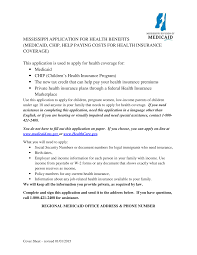
Travel insurance for international travelers may not be possible if your medical condition is severe. There are often restrictions on the type of travel insurance that you can get, but they are generally not free. It's a good idea to get insurance before you leave for your trip. However, you should ensure that you carefully review all details before signing up for any insurance plan. Make sure to fully understand your condition so you can make informed decisions about how you will be covered.
There are many different types of preexisting conditions. They include injuries, illnesses, and prescription medications. This includes things such as heart disease, kidney disease, liver disease, cancer, arthritis, and depression. These conditions may be in remission for several years before suddenly resurfacing before your trip. Any pre-existing conditions that you may have will be disclosed to the insurer when you purchase a policy. The insurer will use the information to determine if you qualify for coverage.

A travel insurance policy covers cancellations or interruptions of trips due to illness or injury. You can also recover some expenses from the plan if you are seriously injured or ill. Your insurance provider will pay for any medical expenses you incur during your trip. It may be possible to obtain a waiver for preexisting conditions depending on which policy you have. However, your premium will still be higher than if you didn't have them.
It is best to consult your doctor before you purchase travel insurance. Your medical insurance may cover certain conditions, like diabetes. However, you need to ensure that your blood sugar is under control. Others, such as pregnancy, are not covered by your medical insurance. You should not purchase travel insurance if you have a pre-existing condition.
Pre-existing Conditions are any conditions that existed before your purchase of the plan. These conditions must be present between 60 and 180 days prior to your travel plan's effective day. A pre-existing condition waiver is possible as long the items have been in your possession for at least 60 days. The severity of your condition and the type of preexisting pre-existing disease will impact the price of your premium.
Pre-existing conditions are often taken into consideration by most travel insurance companies. For instance, they will look at whether you had the pre-existing condition in the past, if it was treated, and if it has gotten worse since you bought the plan. Depending on your company, you may be required to submit medical records from the past 5 years.

A pre-existing condition is an illness or injury that you had before your trip. This isn't always a medical problem. Sometimes, it could be a psychological issue. You should be aware that your travel insurance will not pay for medical expenses if you need it.